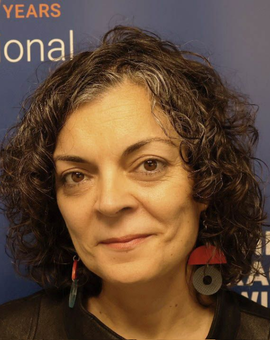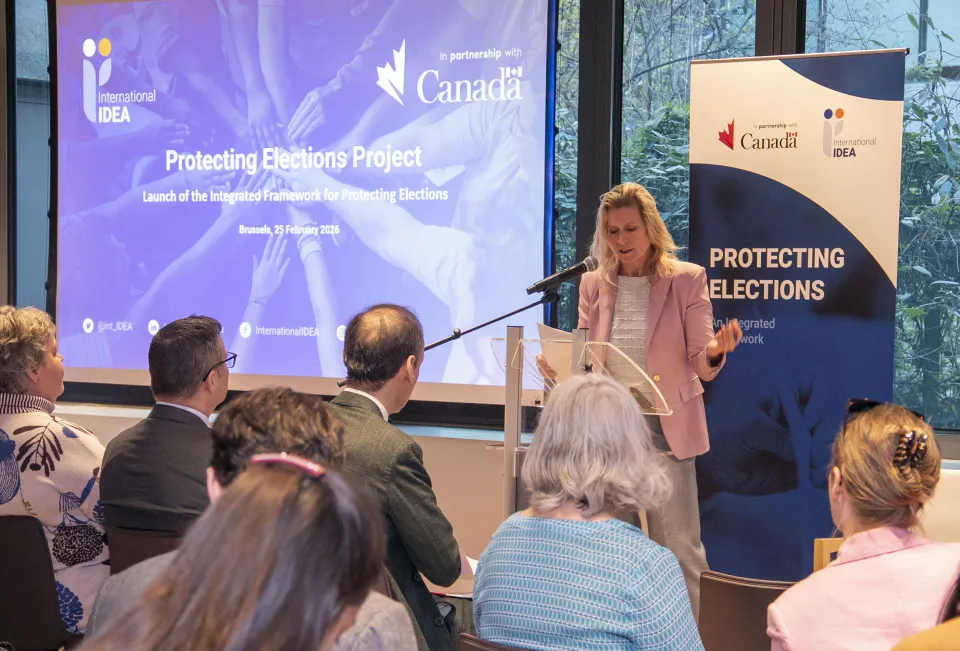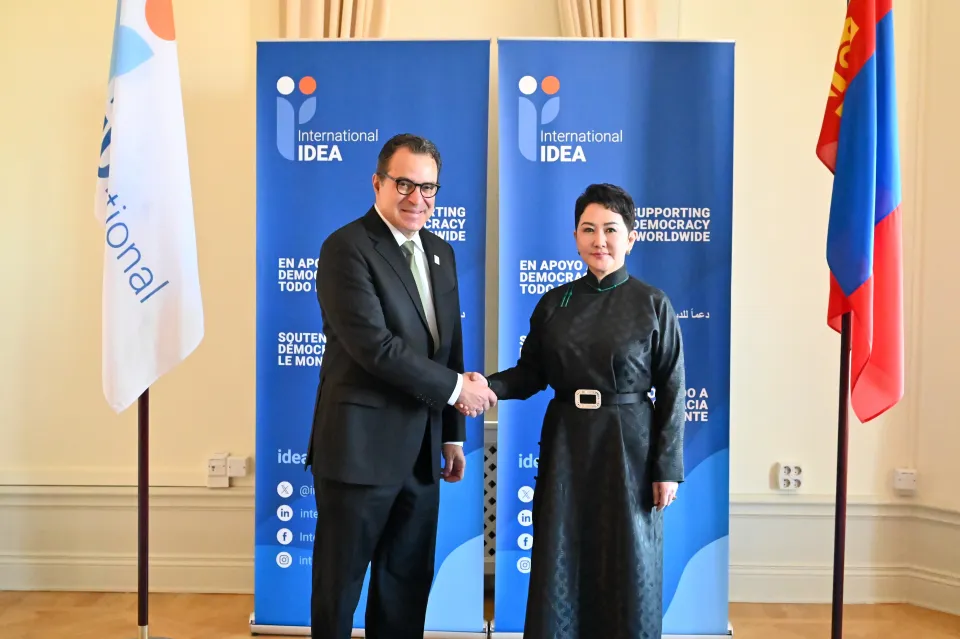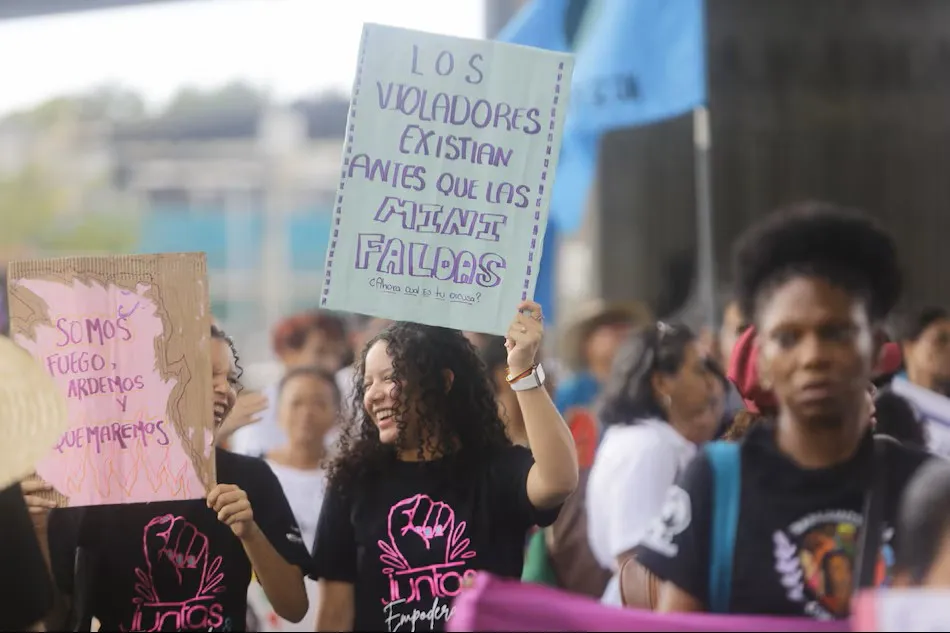Media, Key Allies for Democracy in Guatemala
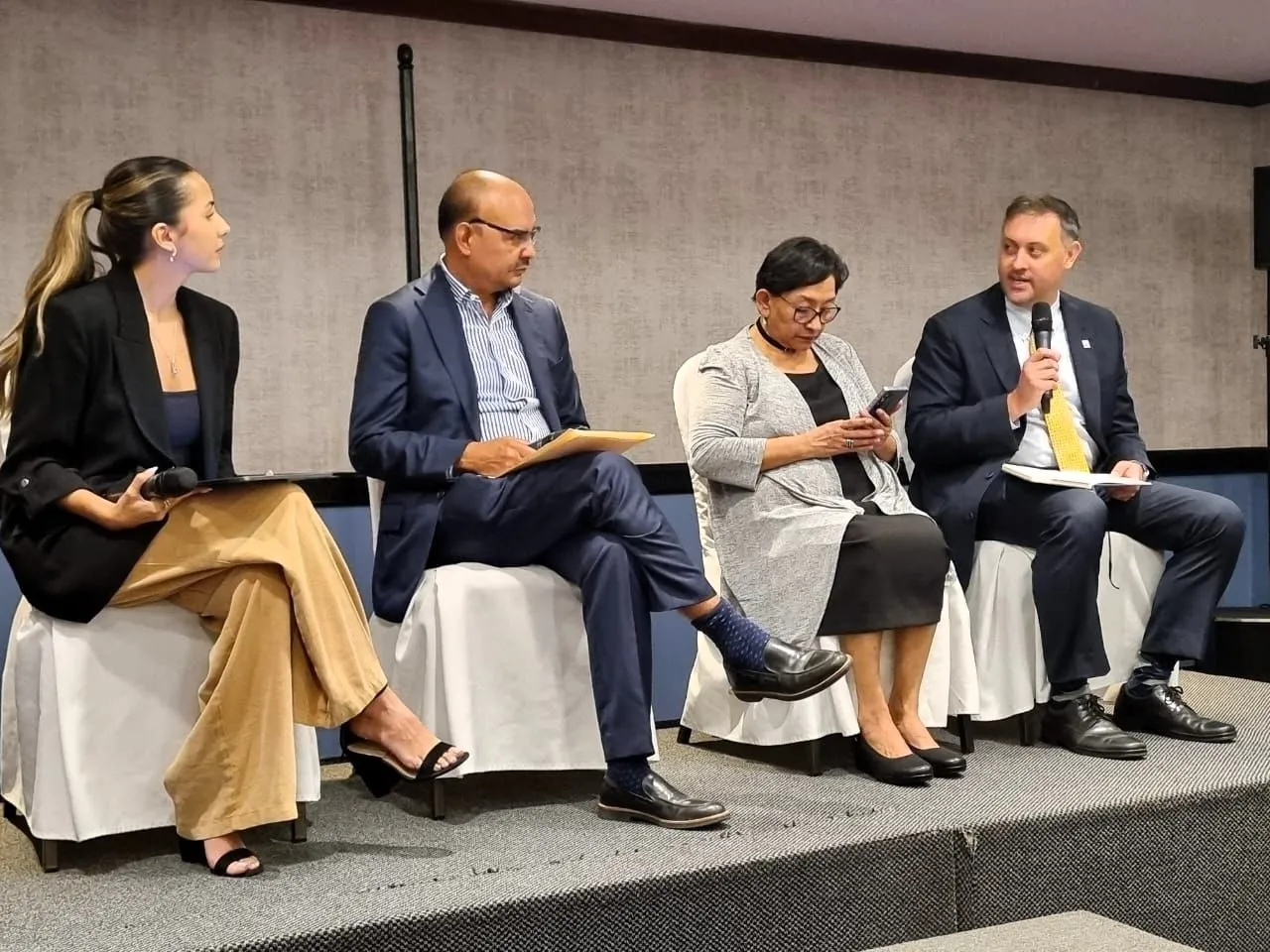
Among this active citizenry are the media, especially independent and digital outlets, which over the past decade have witnessed democratic backsliding and a steady increase in restrictions on press freedom, directly affecting their journalistic work.
The “Break the Fear” (Rompiendo el Silencio) Network in Guatemala recorded 34 attacks against journalists between January and July 2024, including intimidation, threats, and legal harassment. The report indicates that the main threats come from judicial public officials and security forces, raising concerns about impunity and the lack of protection for journalists.
At least eleven journalists faced legal proceedings in 2024, creating an environment of fear and self-censorship within the profession. Currently, more than 20 Guatemalan journalists are in exile, and several others are facing legal persecution. The most emblematic case is that of José Rubén Zamora—renowned Guatemalan journalist and founder of the newspapers Siglo 21 and El Periódico, and known for his investigations into corruption and human rights cases. He was accused of money laundering in a trial widely criticized as politically motivated, and despite being granted house arrest after a period of imprisonment, he was re-incarcerated. These cases of criminalization have a negative impact on the practice of journalists, and even the President of the Republic, Bernardo Arévalo, has expressed concern, calling on the United Nations to investigate the situation.
Based on the mapping of actors and the needs of civil society organizations (CSOs) and media outlets, conducted by International IDEA as part of the project “Improving the Resilience of Democracy in Central America”—funded by the Grand Duchy of Luxembourg—as well as from the private forum organized with our local partner Acción Ciudadana, held on July 4, 2025, in Guatemala with the participation of 17 journalists from eight Guatemalan media organizations, a widespread perception emerged that the environment is unfavorable. This is a result of: i) Difficulties in accessing public information; ii) Smear campaigns, disinformation, and digital attacks; iii) Criminalization of journalists’ work, especially when covering sensitive topics; and iv) Legal insecurity, which manifests in threats, legal proceedings, or self-censorship—often forcing journalists to take self-protection measures, including relocating their homes.
During the forum, various media outlets shared their experiences of criminalization and harassment within a context marked by the co-optation of the judicial system and its institutions, and the misuse of legal frameworks. There were reports of journalists being prosecuted under inappropriate laws, such as those for organized crime or femicide, as well as instances of psychological harassment.
Faced with security risks, many journalists resort to self-censorship and reducing their visibility. However, only 2% of media organizations interviewed have a security protocol in place. This situation will be addressed through training and technical assistance as part of the program “Allied for Democracy,” within the project “Improving the Resilience of Democracy in Central America.”
Women journalists face a distinct type of violence, more emotional and psychological, especially in the digital sphere, where they are attacked for their appearance and receive hate messages aimed at silencing them. Although they experience less judicial persecution compared to men, this form of violence has led to the incorporation of a gender perspective in this project, with a focus on prioritizing women in the training process.
Finally, it should be noted that 90% of the media outlets rely on cooperation funding, much of which has been affected by the closure of USAID programs. This situation demands a rethinking of strategies, the promotion of collaboration, the strengthening of institutional capacities, and innovation through technologies like artificial intelligence, fact-checking networks, and data analysis for investigative journalism.
Despite the adversity that communicators face daily, along with limited access to technology and funding, the resilience of journalists in Guatemala and the region is remarkable. They continue to report with integrity, strive to innovate, and work to stay afloat while protecting their physical and mental well-being.
